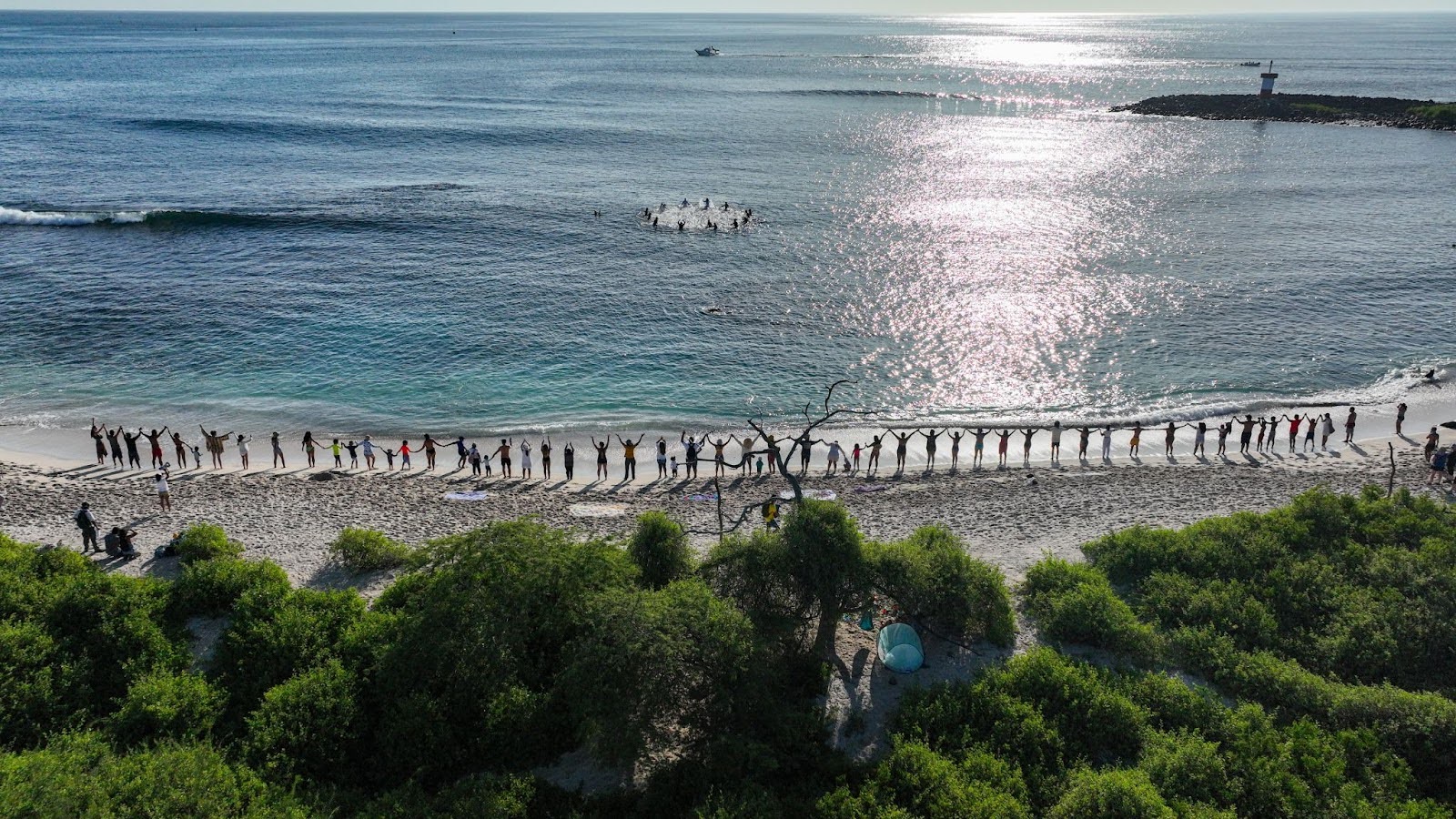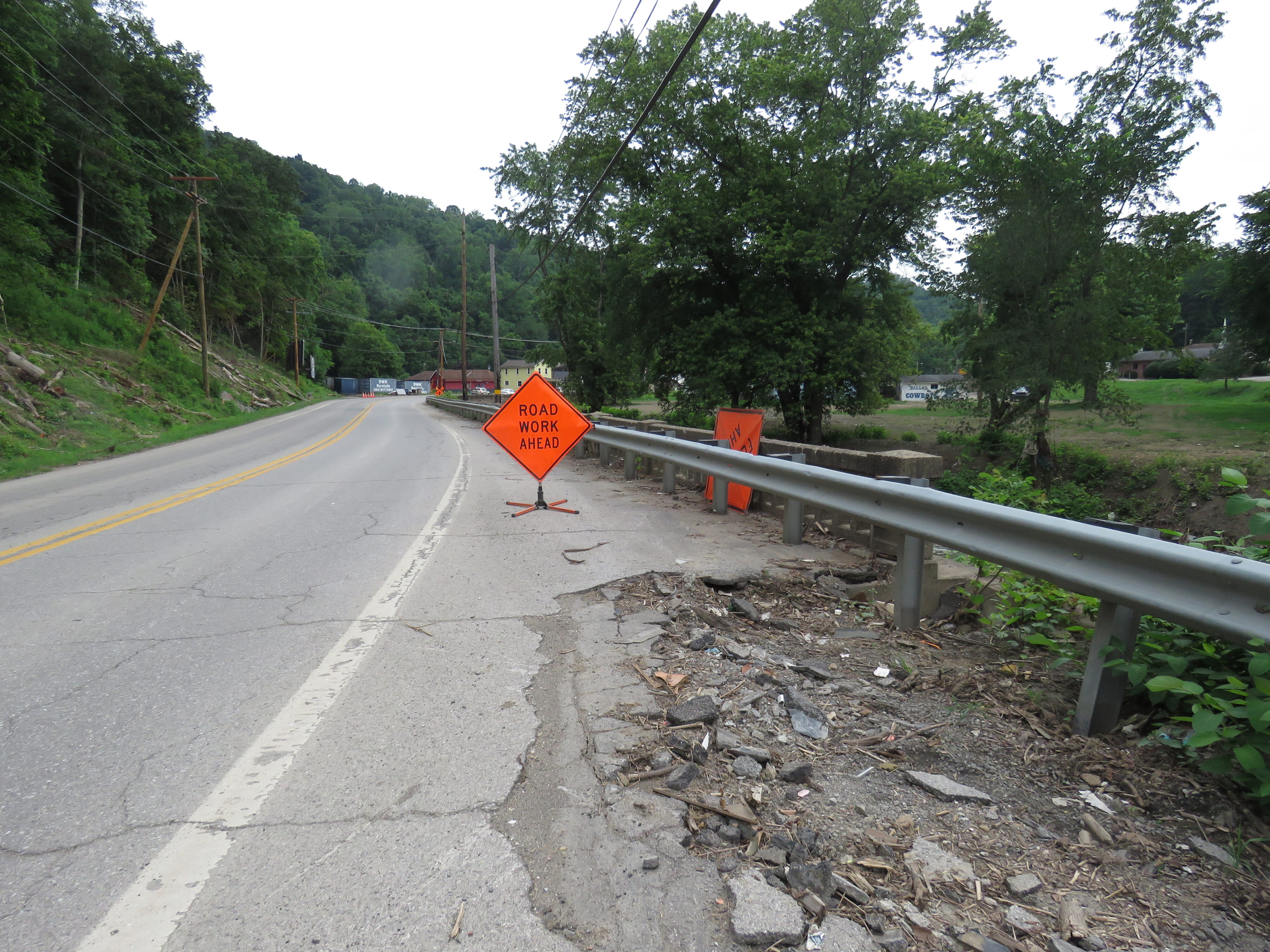The GRID Project (Green Rail Intelligent Development)
The twin Ports of Los Angeles and Long Beach combine for the World’s 5th largest container shipping trade gateway. Approximately 16 million Twenty-foot equivalent container units (TEUs) pass in and out of these ports each year. It is estimated by 2030, container volume demand is estimated to double to 32 million containers. For decades, the ports have been both an economic engine and notorious source for deadly pollution in the form of fossil fuel emissions and the region’s worst freeway congestion source with millions of trucks emanating from the ports to inland warehousing and distribution centers across the Southern California region.
The GRID project attacks these monumental problems head on with large scale infrastructure solutions creating a zero-emission container supply chain having three basic parts using mostly off the shelf existing technology, simply reconfigured or re-utilized. The system first envisions a mostly underground “Freight Pipeline Network” using large diameter pipe primarily used for large scale water transmission projects (about 15ft. diameter). However for this use, the pipes keep the water and other potential interference’s out. Inside the pipe, we fasten an electric rail guide way platform designed to transport shipping containers to and from the ports on drone shuttle trains like an electric subway for containers, however because its pipe, the infrastructure costs are a fraction for those of human commuter systems. The pipe is both tunneled as well as installed by “cut and cover” (meaning dig a trench, lay pipe cover trench).
We intend to use freeways, urban flood control channels, and power transmission towers “rights of way” so there is no destruction of private property (no eminent domain)while installing the infrastructure. This 60 mile north/south dual pipeline connects the ports to the three largest centers for container distribution in Southern California. Feeder facilities retrieve the containers from pipe and load onto trucks in a conventional hub and spoke distribution. What we have done is eliminate the freeway travel component from the truck delivery to and from the ports to the cities where the main warehouse distributions are located as far out as 60 miles from the ports. We estimate that the system will eliminate approximately 70% of all truck deliveries to and from the ports once the pipeline is operational.
The pipeline and millions of containers funnel back to the port and enter a 21st century “SuperDock” container terminal. The SuperDock will be the first vertical container terminal in history. Henry Kaiser, father of American Modern Shipbuilding (also founder of Kaiser Permanente health care) invented the first vertical container terminal in 1968, however, it was too ahead of its time. The SuperDock uses a “synchronous loading” system to load containers on to and off these shuttle drones by the hundreds within several minutes. The SuperDock also loads and unloads ships as well as loads and unloads conventional trains as well. However, the entire SuperDock is powered by electrification making SuperDock the first genuine Zero-emissions container terminal platform.
As for a business rationale; today the shipping industry spends approximately 4 billion dollars a year just moving container from ships to warehousing and train facilities. We can move more containers faster and for less money that is currently exhausted by the industries. If we can do it for cheaper and faster, every shipper and railroad company will want this system. But most important, its moving goods cleaner and safer while greatly reducing freeway congestion, cleaning our air from fossil fuel use, and separating goods movement from people movement on our road surfaces. This pipeline is 5 times larger in diameter than Keystone XL, however, our large scale pipeline project has a resolution of support for study by the Angeles Chapter of The Sierra Club, the nation’s largest Sierra Club Chapter.
We have presented our systems to congressional leaders, mayors, LA METRO, Army Corps of Engineers, class 1 railroads, major energy companies and major shippers. On May 3rd we have been invited to present our GRID project to the Transportation Committee of (SCAG) The Southern California Association of Governments. SCAG is the nation’s largest metropolitan planning organization representing 6 counties, 191 cities, and 18 million residents. We have supporting materials for this and many other accomplishments in our mission to build a cleaner and smarter planet while putting America back to work with the most ambitious transportation infrastructure project since Eisenhower’s National Interstate Highway project. Thank You for Your Consideration.























